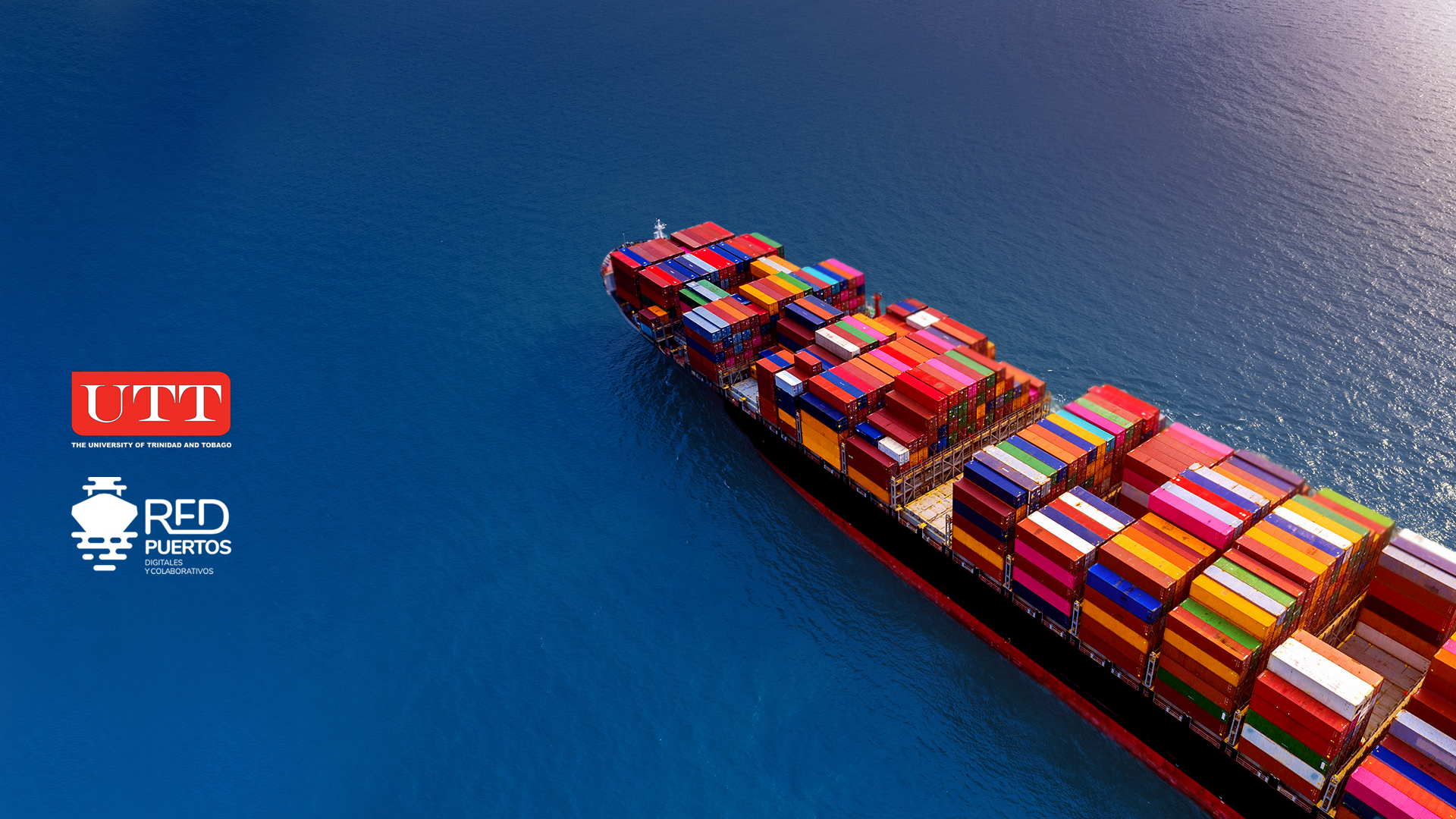
Maritime transport is the backbone of international trade, accounting for approximately 80% of the volume and 70% of the total value of internationally traded goods (UNCTAD, 2020). In order to improve the efficiency of the port sector and facilitate the participation of the private sector, the development that the Public Private Partnership (PPP) model is acquiring during the last decade in Latin America, together with the need to generate knowledge in the area, generates an inevitable benefit.
Thus, PPPs are promoted worldwide as the solution for States to meet their infrastructure and public services needs with the participation of the private sector (CAF, 2018). The Latin American and Caribbean region has been no stranger to the implementation of this scheme, becoming in recent years a leader in PPPs with respect to the rest of the developing regions, introducing PPPs as an efficient model in the adoption of new trends and solution to infrastructure and operational needs, given the current post-pandemic COVID-19 challenges in port management. In this regard, the implementation of PPPs allows port authorities to continue as owners and the private sector to take over operations.
The maritime industry in Latin America and the Caribbean has distinctive characteristics. According to a survey conducted by ECLAC (2022), 317 companies were found to be active in January of that year, 7.3% of which were state-owned and 92.7% were private companies. On the other hand, according to IDB estimates (2020), PPPs currently constitute the norm for containerized and multipurpose cargo port terminals. Ninety-two percent of the region’s TEUs move to and from PPP ports, which account for 83% of the region’s container terminals. The data show that private sector participation and competition are correlated with better levels of operational and economic performance, as well as ports in a better state of maintenance.
Changes, adjustments and innovations in the development of PPP projects and programmes have been and continue to be a constant, not only in the region, but throughout the world. Given this scenario, it is important to identify which innovations are currently being implemented to promote their development and to take advantage of opportunities in the maritime-port sector.
Assertive identification, structuring, tendering and implementation of the PPP scheme is essential to ensure high standards of return on assets as well as quality service delivery. The role of the public and private sectors in assisting, financing and mobilising resources will consolidate the successful materialisation of the investment.
In this connection, this webinar will focus on generating a space for debate and dialogue on the Public-Private Partnership (PPP) scheme in the maritime-port sector in the Latin American and Caribbean region, in addition to exposing the benefits and limitations of PPPs, together with the operational analysis and legal aspects of their implementation, in order to provide an exchange of lessons learned and knowledge on best practices and operationality among stakeholders, making effective use of PPPs as an instrument for an efficient maritime-port management in the region.
The Webinar: Public-Private Partnerships as an instrument for an efficient maritime-port management in the Latin American and Caribbean region is organised by the Latin American and Caribbean Economic System (SELA), in collaboration with:
Dates: November 16, 2022
Time: 10:00 a.m.– 02:00 p.m. (4 hrs.)
Duration: 4 hours.
Registration: https://bit.ly/3SsxeWZ
The Webinar is aimed at representatives of the member countries of SELA in charge of the administration, development and/or management of ports in their respective countries; professionals who make up the Latin American logistics port sector, both from the business and institutional spheres, university students, entrepreneurs and start-ups that are attracted by the business opportunities offered by the port sector.
The Latin American and Caribbean Economic System (SELA):
Latin American and Caribbean Economic System – Economic Recovery:
E-mail: recuperacion_economica@sela.org
With copy to:
The University of Trinidad and Tobago:
November 16th 2022
| 10:00 – 10:15 | OPENING:
|
| 10:15 – 11:00 | SESSION I – THE CHANGING ROLE OF PUBLIC POLICY IN A DYNAMIC PORTS AND SHIPPING MARITIME ENVIRONMENT (60 min)
Moderator: Mr. Adrian Beharry-Assistant Professor, Maritime Economics, Centre for Maritime and Ocean Studies, The University of Trinidad and Tobago (5 min)
Panel Discussion and Q and A (10 min) |
| 11:00 – 12:00 | SESSION II- ASSESSING THE SUITABILITY OF PORTS FOR THE PPP MODEL OF DEVELOPMENT (60 min)
Moderator: José Miguel Rovira, Programme Coordinator, SELA (5 min)
Panel Discussion and Q and A (10 min) |
| 12:00 – 13:00 | SESSION III LINKING OBJECTIVES TO OUTCOMES: ASSESSING AND EVALUATING SUCCESSFUL OUTCOMES IN THE PPP PROCESS (60 min) Moderator: Mr. Darwin Telemaque– Chairman, Port Management Association of the Caribbean (5 min)
Panel Discussion and Q and A (10 min) |
| 13:00 – 13:45 | SESSION IV – LEGAL ASPECTS OF PPP CONTRACTS IN THE PORT SECTOR (45 min)
Moderator: Mrs Vivian Rambarath-Parasram– Assistant Professor and Programme Leader, Maritime Studies, Centre for Maritime and Ocean Studies, The University of Trinidad and Tobago (5 min)
Panel Discussion and Q and A (10 min) |
| 13:45 – 14:00 | CLOSING REMARKS (10 min)
|
IDB – Inter-American Development Bank (August 2022). “Lecciones que deja una historia de éxito: operadores de puertos privados en América Latina y el Caribe”. Source: https://www.idbinvest.org/es/blog/transporte/lecciones-que-deja-una-historia-de-exito-operadores-de-puertos-privados-en-america
CAF–development bank of Latin America (July 2018). “ASOCIACIÓN PÚBLICO-PRIVADA EN AMÉRICA LATINA Afrontando el reto de conectar y mejorar las ciudades”. Source: https://scioteca.caf.com/bitstream/handle/123456789/1376/Asociacion_Publico-Privada_en_America_Latina._Afrontando_el_reto_de_conectar_y_mejorar_las_ciudades.pdf
ECLAC – Economic Commission for Latin America and the Caribbean (May 2022). “La industria naviera de América Latina y el Caribe en el contexto internacional”. Source: https://www.cepal.org/sites/default/files/news/files/la_industria_naviera_de_america_latina_y_el_caribe_en_el_contexto_internacional.pdf
UNCTAD – United Nations Conference on Trade and Development (November 2020). “Informe sobre el Transporte Marítimo 2020 de la UNCTAD: resumen y estimaciones sobre América Latina y el Caribe”. Source: https://unctad.org/es/press-material/informe-sobre-el-transporte-maritimo-2020-de-la-unctad-resumen-y-estimaciones-sobre
